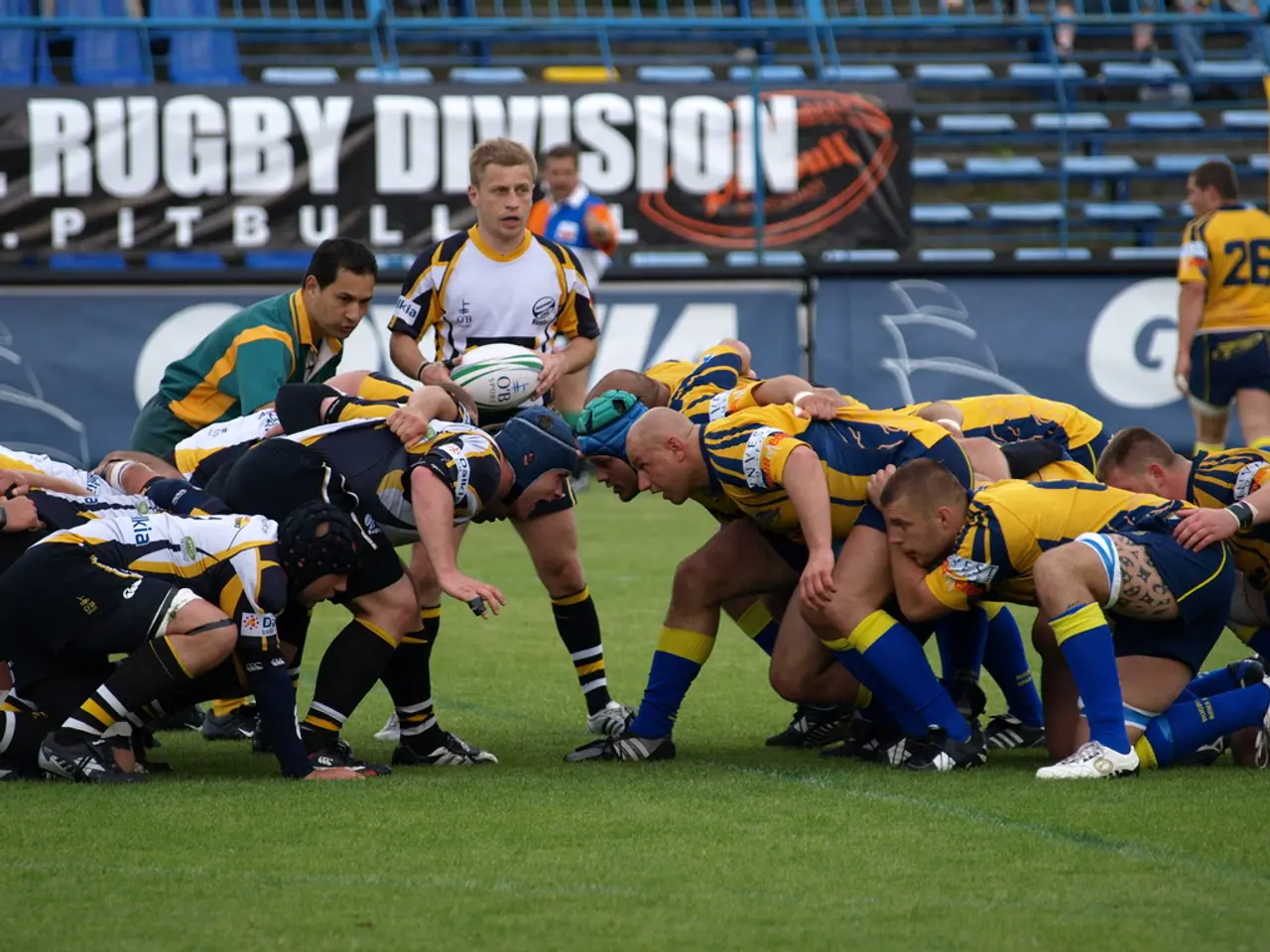Impact of Corporatization Reshaping the Grassroots Traditions in Rugby League
In the world of Rugby League, the pursuit of global growth and commercial opportunities has brought about a significant shift, impacting the sport's cultural roots and community-based values. This transformation, while offering opportunities for growth and wider exposure, also presents challenges that need to be carefully managed.
One of the most noticeable changes is the shift from a local/community focus to profit-driven models. Traditionally supported by local communities and cultural groups, teams and competitions are increasingly becoming components of larger commercial portfolios, sometimes losing their direct accountability to the communities they originally served [1]. The pursuit of revenue often prioritizes broader markets over local traditions.
Yet, commercialization has not been entirely detrimental. It has facilitated increased representation of Pasifika and Māori athletes, helping the sport win hearts and minds across the Pacific by encouraging players to represent their island nations rather than only wealthier countries [2]. This both preserves and leverages cultural roots commercially.
However, rapid commercialization and leadership changes can raise governance concerns that threaten the sport’s funding and stability. For instance, Sport England has expressed concerns about Rugby League’s governance amid commercial leadership changes, which could impact the sport’s cultural and community funding base [5].
Commercial pressures also influence talent development, with the risk of diluting local talent depth and competition quality through expansion decisions and commercial strategies [4]. The rise of professionalism, while bringing increased revenue, allowing clubs to invest in facilities and player salaries, can potentially weaken local connections and traditionally nurtured talent pipelines.
The media landscape has also been transformed, with increased focus on storytelling, digital engagement, and creating a marketable product beyond just the sport itself, influencing fan culture and traditions [3].
Despite these changes, family ties and shared passions remain crucial in building the identity of local clubs. Community engagement should remain a priority, and clubs need to collaborate with local organizations to support grassroots development, providing a foundation for young players [6].
Efforts must focus on developing talent from local areas and maintaining community involvement to preserve the essence of Rugby League for generations to come. By fostering pride in heritage, Rugby League can thrive even in a commercialized environment.
Understanding this dynamic will be key in preserving the essence of rugby league for generations to come. Balancing the need for progress with the need to preserve tradition will be important for the future direction of the game. Clubs must balance financial needs with community values to retain loyal fans and promote local events to enhance community ties, keeping the sport's spirit alive [7].
In conclusion, commercialization offers Rugby League opportunities for growth and cultural celebration on a broader scale but also introduces risks of detaching from its community and cultural roots. Finding a balance between these tensions is critical to sustaining both the sport’s cultural heritage and its commercial viability.
- The shift from community-based values to profit-driven models in Rugby League has led to a transformation, where teams and competitions are increasingly becoming components of larger commercial portfolios, sometimes losing their direct accountability to the communities they originally served.
- Despite the commercialization of Rugby League, it's essential for clubs to foster pride in heritage, retain community involvement, and promote local talent development to preserve the essence of the sport for future generations, while balancing financial needs with community values to retain loyal fans and enhance community ties.







